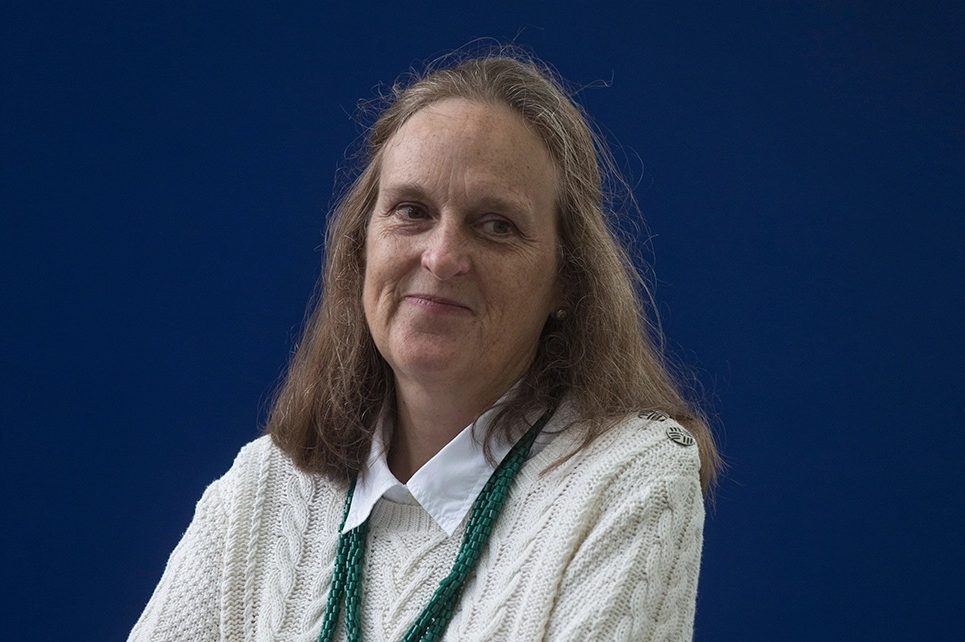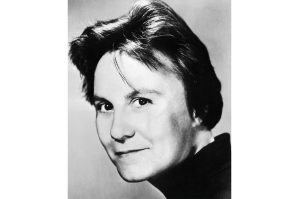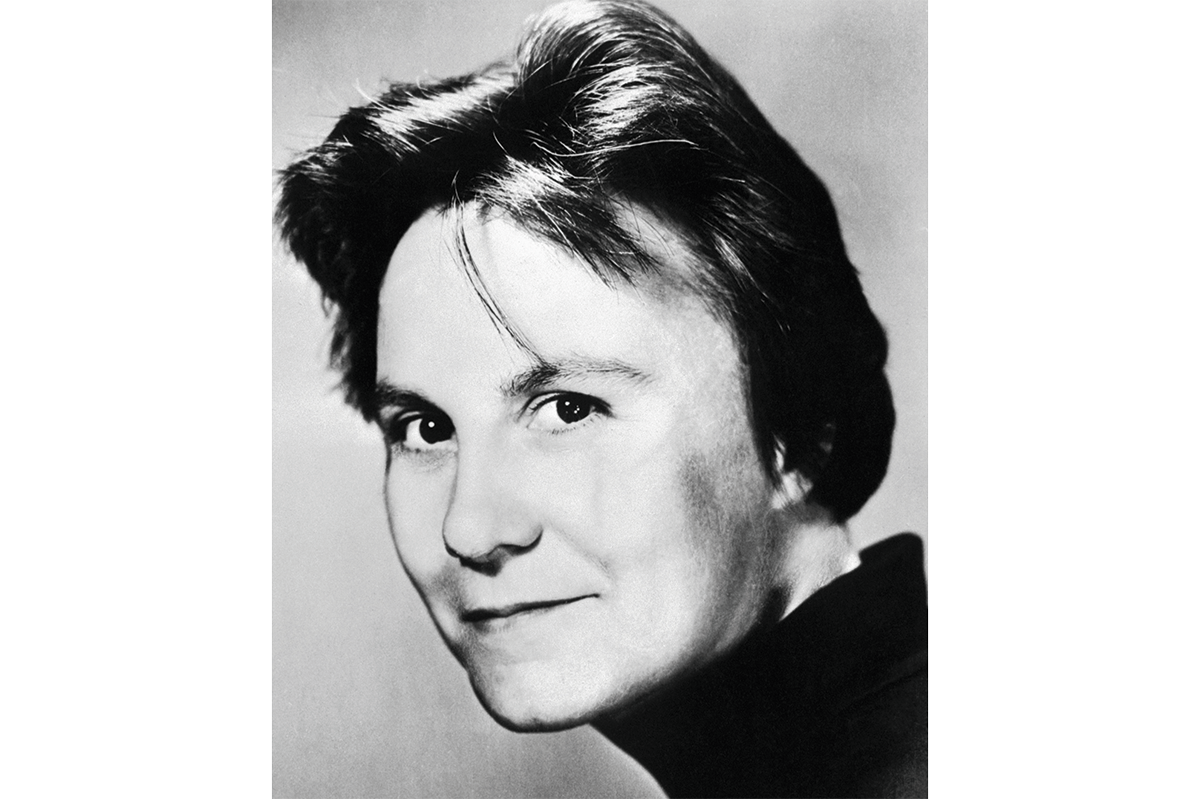The cover image of Tessa Hadley’s fourth short story collection is Gerhard Richter’s “Betty” (1988), a portrait of the artist’s daughter facing away from the viewer. It’s an apt choice for Hadley’s work, which turns on the fundamental unknowability of human beings.
The titular tale, about a widowed mother and her two daughters confronting reduced circumstances, is loosely inspired by Mavis Gallant’s story “1933.” Its climax, which pulls off the feat of being both shocking and inevitable, is a testament to Hadley’s skill as a storyteller. Some of the stories’ incidents are entirely internal: in “Cecilia Awakened,” a teenaged girl on a family holiday in Florence wakes up “inside the wrong skin,” suddenly aware of her parents’ shortcomings.
As ever in her oeuvre, Hadley masterfully uses the smallest details — of dress, food, décor — to convey class and character. In real life “we construct from those particulars the story of a life,” she has said, “necessarily incomplete, but full of rich suggestion.” Chekhovian shifts in points of view, such as between three adult sisters in “The Bunty Club,” offer narrative propulsion.
What is a mystery in real life — the inner world of others — is thrillingly revealed in Hadley’s fiction. “Dido’s Lament” explores the awkward choreography between former spouses after a chance meeting. We’re in the woman’s thoughts, with the exception of a brief but revelatory peek into the man’s mind: “He had put together everything important, family and work and home, all so that Lynette could get to visit it some day and see that he’d managed to have a life without her.”
Hadley also harnesses fiction’s capacity to time travel. In “The Other One,” a dinner party encounter sheds light on a daughter’s misperceptions about the circumstances of her father’s death, with the story shifting to the present tense to recount the accident. In “Men,” a woman becomes aware of her estranged sister’s presence at the hotel where she works. Rather than making herself known, she reminisces about their childhood before scouring her sister’s room for clues about her new life.
Many of the stories are set in, or recall, the 1960s or 1970s, with social change providing a background for personal upheaval. As elsewhere in her work, including in the collection Married Love (2012) and the novels Late in the Day (2019) and Free Love (2022), Hadley vivisects domestic life, with women making various bids for freedom. Ashamed of failing to succeed as an opera singer, her Dido still concludes: “It really was better to be free. Or if it wasn’t better, then it was necessary.”
The collection ends on a contemporary note, capturing the peculiar texture of the days during the pandemic. “Coda” is about a middle-aged woman fixating on a neighbor’s carer while waiting out lockdown with her elderly mother. Her projected fantasy transcends both the constraints of social distancing and a life devoid of “drama or joy or passion.”
Of the twelve stories in After the Funeral, a couple are less fleshed out than the others, seven of which have appeared in the New Yorker. Still, there is ample Hadley here to savor this summer.
This article was originally published in The Spectator’s UK magazine. Subscribe to the World edition here.

























